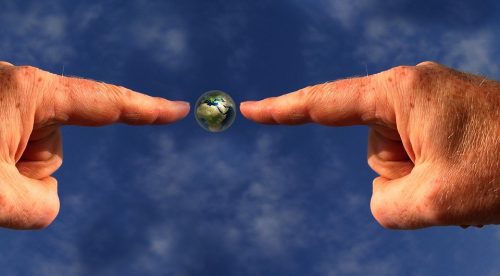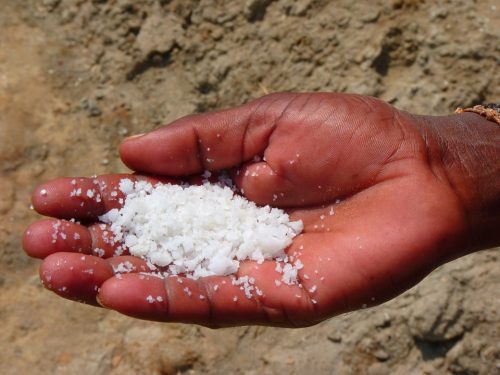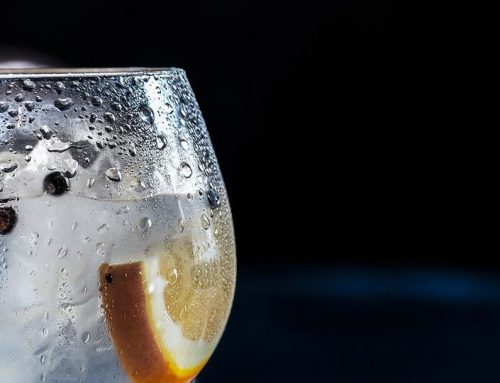The environmental impact of water softeners is causing more and more concern, and people worry about how they can affect their health. Many people ask us this question – are water softening systems environmentally friendly?

Hard water contains minerals that can cause a lot of problems — it can make your skin and hair dry and itchy, clog your plumbing, reduce the life or your appliances, make your clothes dull, faded and scratchy and stain your faucets, bathtubs, and glasses.
A water softening system can help you to avoid these problems by reducing the level of hardness in your tap water. Most softeners are ion exchange systems that use sodium ions to remove magnesium and calcium from the hard water. However, this process adds extra sodium to the water, which can be harmful to your health and the environment.
According to a report, innovative chemistry and new devices could help to keep salt water out of our streams and drinking water.
Can we remove minerals from water without using sodium?
According to Arup Sengupta, coauthor of the report, aluminum ions can be used to remove minerals from water without using sodium. This innovative technique could also address environmental and health concerns regarding the salt that existing sodium-based water softening systems release.
Sengupta is an environmental engineer at Lehigh University in Bethlehem, Pa. He says that this is a worldwide need that has not been met until now. They are only altering the chemistry by adding aluminum ions. This is not something extraordinary, but it helps to reduce the environmental impact.
Minerals dissolved in water leave scaly deposits
Minerals like magnesium and calcium are dissolved in hard water, which makes it more difficult for soap to lather. This results in scaly deposits in showerheads and faucets.
Several water softening systems deal with these issues by passing water through a special tank that contains beads covered in sodium ions. These charged particles can change places with the magnesium and calcium, providing softer water.
Sodium can affect your health and the environment
These water softeners add sodium to the outflowing water, which can result in elevated blood pressure when it is used as drinking water. The system also needs periodic recharging utilizing sodium-rich brine.

This extra salt can enter local streams and groundwater, resulting in bans on salt-based water softeners in several areas, including counties in California.
According to Sengupta, although some sodium-free substitutes are available, many of them are costly, and others don’t really work. They decided to experiment with aluminum, which was a counterintuitive choice when you consider its chemistry.
How aluminum ions help to improve water quality
An aluminum ion has a net positive charge of three, which means that it has three less negatively charged electrons than a neutral aluminum atom. This difference in the charge makes it less likely that aluminum will change places with magnesium or calcium ion, both of which have a positive charge of two.
However, when an ion exchange does occur, the aluminum often precipitates back onto the water softener’s beads instead of dissolving into the water and being washed away. This process permits the same aluminum ion to change places with multiple magnesium and calcium ions.
How the quantity of magnesium and calcium in water can be reduced
The researchers set up a prototype water softening system in the laboratory and succeeded in reducing the quantity of magnesium and calcium in a groundwater-like mix using aluminum ions.
They found that recharging of the system also caused fewer wasted ions than sodium-based systems, reducing the potential environmental effect. According to Sengupta, this process makes use of a similar setup to systems based on sodium, which means that it would be easy to retrofit existing systems to use aluminum ions.
Will this exciting new concept work?
According to Steven Duranceau, an environmental engineer at the University of Central Florida in Orlando, although this is an exciting concept, the innovative design may not work as well in real life as it does in the laboratory. Groundwater contains bacteria and other substances that can reduce its effectiveness.
Besides, the strict guidelines that surround drinking water may prove to be an unsurmountable hurdle. He said that he sees many great ideas like this but a lot of them don’t turn out to be financially viable.
However, Sengupta is optimistic and says that while this idea has shortcomings, none of them seems to be unsurmountable.
Are aluminum ions the answer?
New water softener installations are being banned in more and more municipalities and states because they add extra sodium to the water, and this is turning into a nationwide trend. This specifically refers to ion exchange water softeners.
If this new concept turns into reality and is widely used, it could help to reduce the environmental impact of water softeners. This would reduce the release of salt into aquifers, streams, and rivers, which already have high concentrations of sodium from agricultural runoff, road salt application and other sources.
References:
